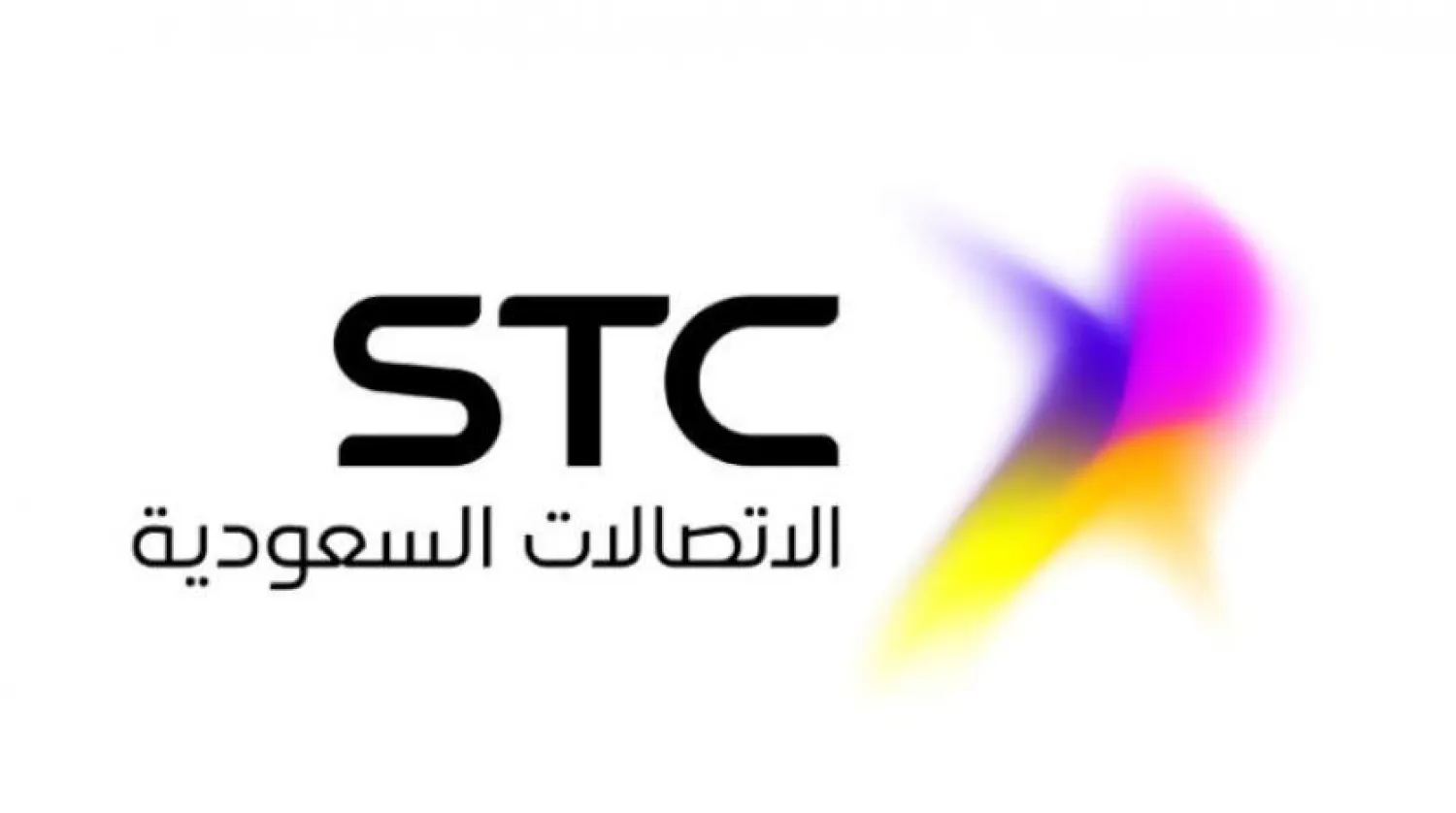Saudi Telecoms achieved positive growth in their announced results for the first half of 2018, with an improvement of 3.33 percent compared to the same period of 2017.
Saudi Telecom Company (STC) supported the improvement in the financial results of the Telecom sector.
It announced achieving a total profit of SR5.03 billion ($1.34 billion) during the first half of 2018, recording a positive growth rate of 2.87 percent.
Zain Saudi Arabia, for its part, showed a remarkable improvement in the level of revenues achieved during the first half of 2018, which confirms the company's ability to move forward in expanding its market share and increase the efficiency of its operational capabilities.
While Saudi Arabia's Mobily reported a 51.2 percent improvement in reduction of losses in the first half of 2018 compared to the same period last year.
The Saudi Telecom sector is expected to play a significant role in enhancing the investment attractiveness of the Saudi stock market, especially that the financial results of the sector have started to improve significantly since the Kingdom decided to reorganize the sector through a package of incentive legislation over the past two years.
These developments come as the Communications and Information Technology Commission (CITC) is working to raise the quality of telecommunications services in the country.
It has recently announced a new update to regulate the quality of service provided by licensed telecommunications service providers, explaining that the new update will enter into force starting from the fourth quarter of 2018.
"This update aims to develop CIT services, provide high-quality communication services to subscribers, stimulate competition among service providers and enhance customer transparency by disseminating the comparative data of service providers and ensuring a minimum quality of telecommunications services to subscribers," CITC said in this regard.
It stressed that these moves will stimulate digital transformation to achieve the objectives of the National Transformation Program 2020 and the Kingdom’s Vision 2030.









